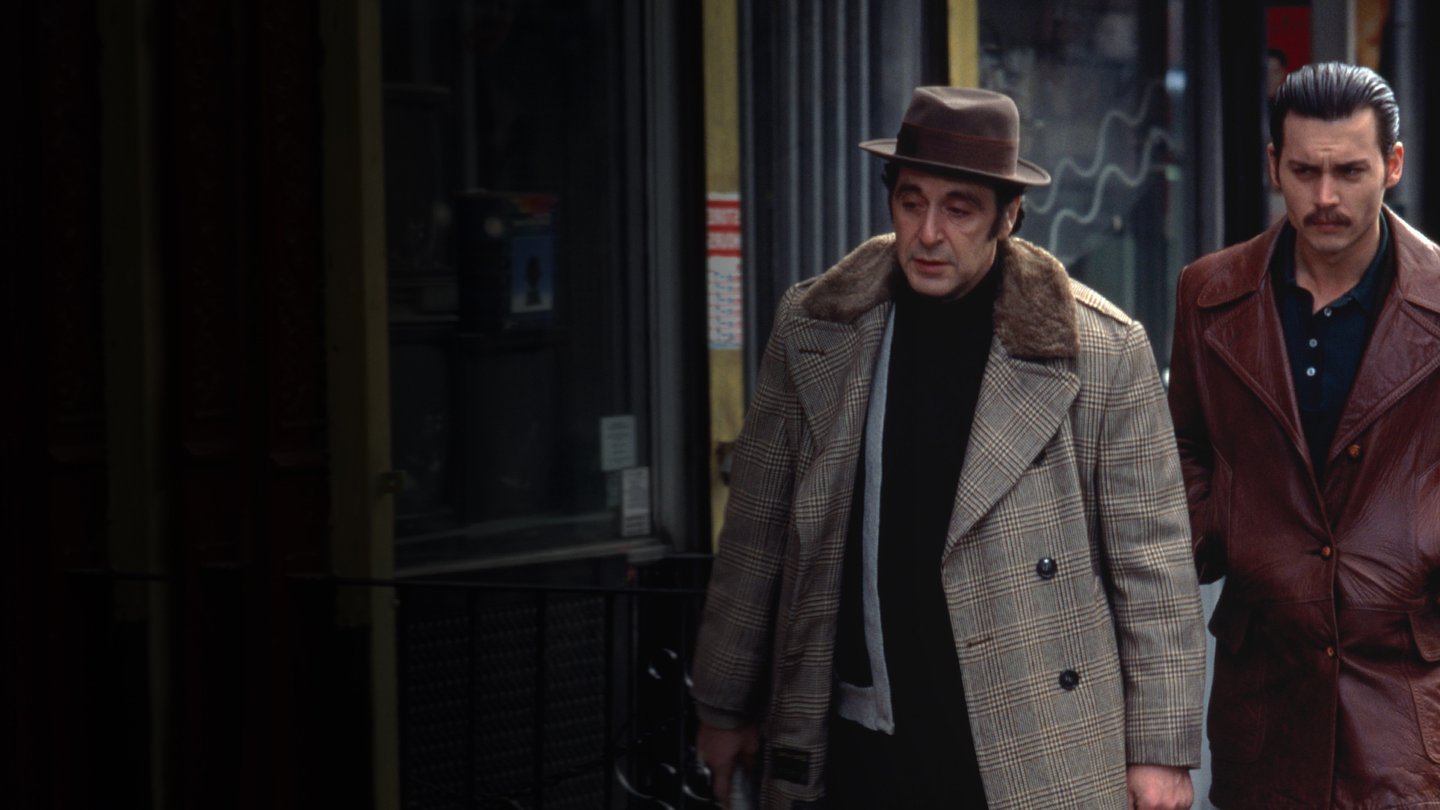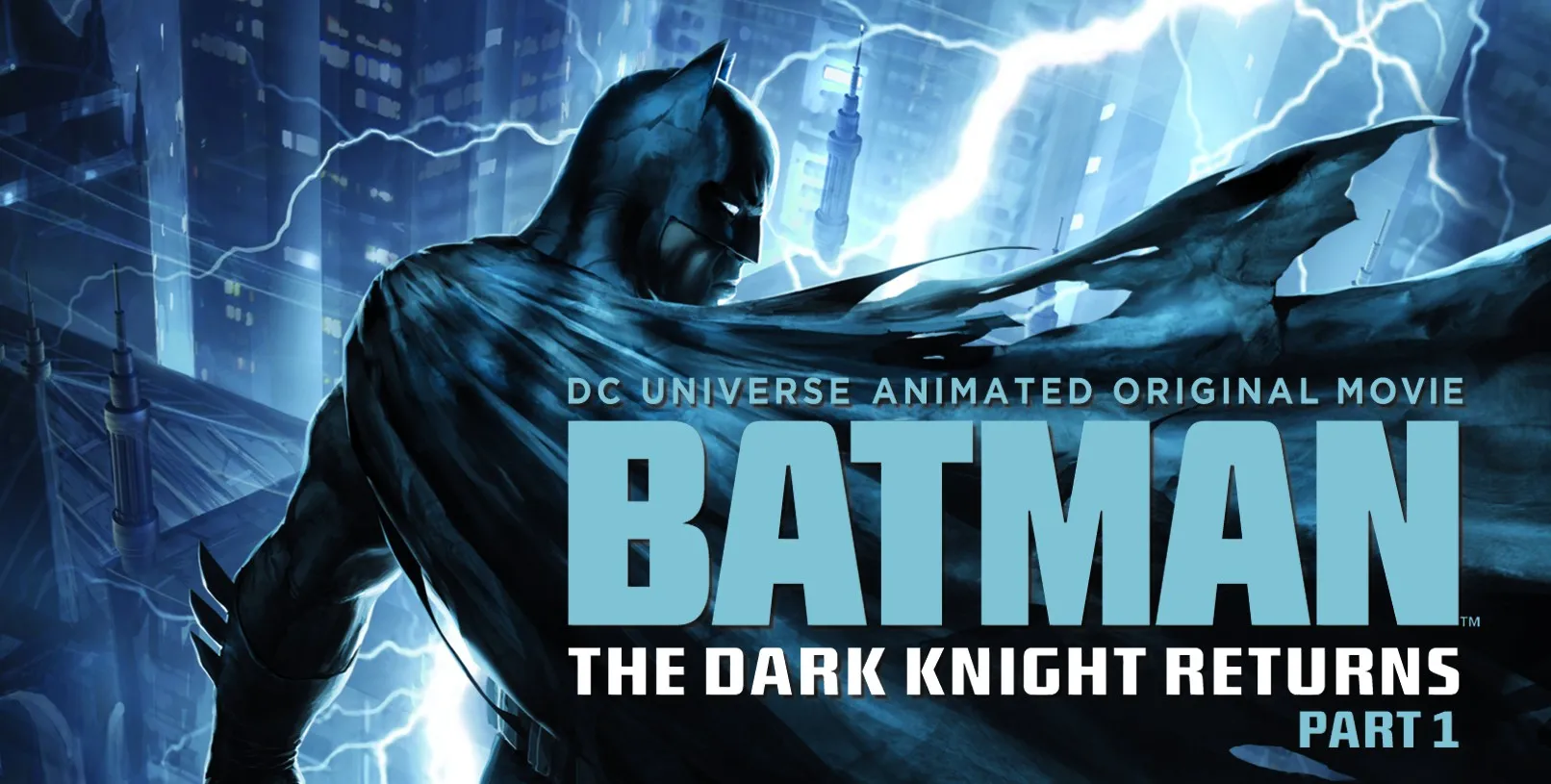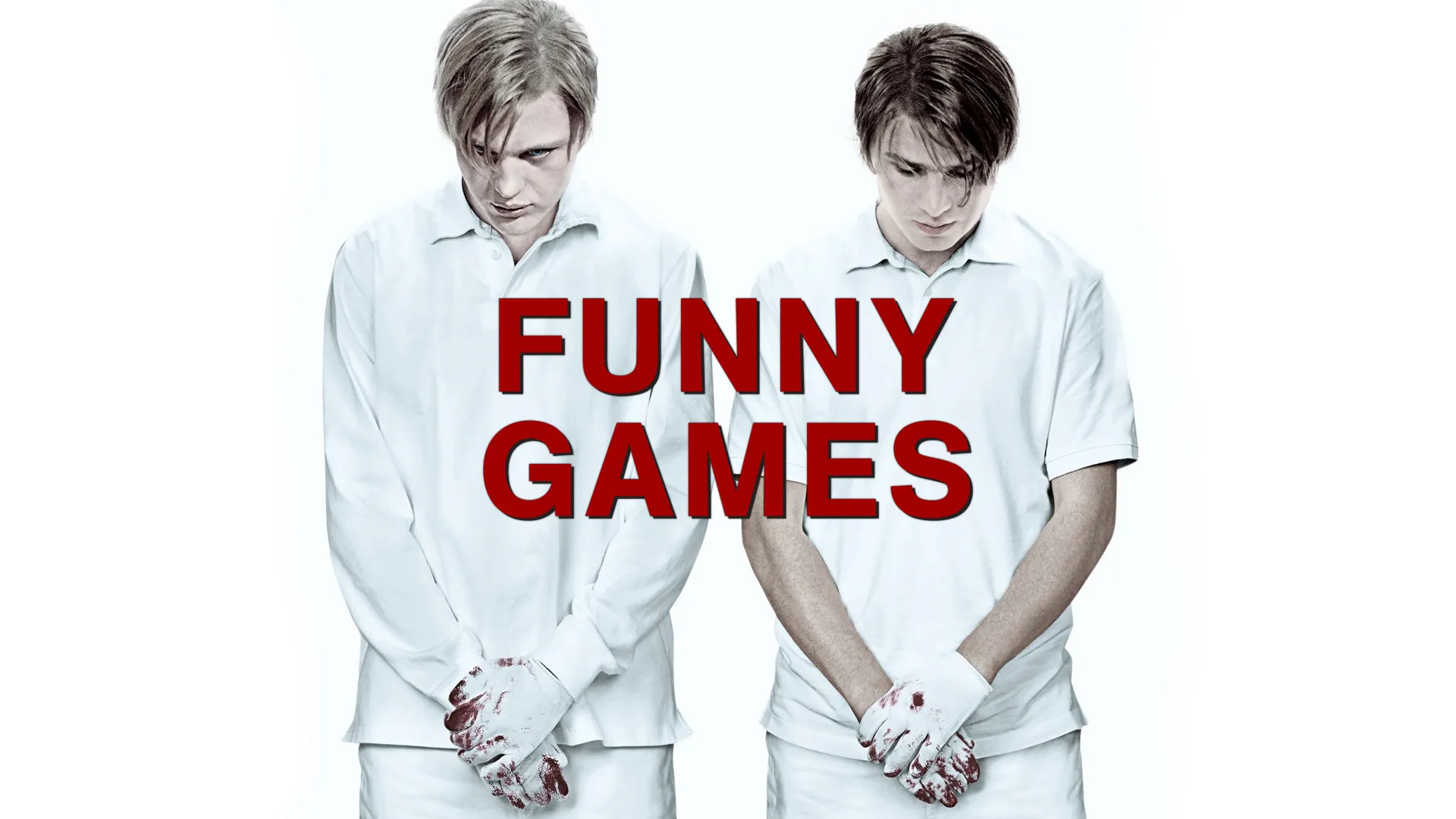When Donnie Brasco hit theaters in 1997, it offered something rare in the crime drama genre — a story that was less about the glamor of the mob and more about the slow, psychological erosion of identity. Directed by Mike Newell and based on the true story of undercover FBI agent Joseph D. Pistone, Donnie Brasco was a haunting character study disguised as a mob movie. With powerful performances from Johnny Depp as the undercover agent and Al Pacino as aging gangster Lefty Ruggiero, the film left a deep impact on audiences and critics alike.
But what if the story didn’t end there? Could there be more to Donnie’s journey — more lies, more regrets, more ghosts from the past?
Set in the 1970s, Donnie Brasco follows FBI agent Joe Pistone as he infiltrates the Bonanno crime family under the alias "Donnie Brasco," a jewel expert with a mysterious past. As he rises through the ranks of the Mafia, Joe forms a close bond with Lefty, a seasoned but weary mobster who sees Donnie as his protégé — maybe even as the son he never had.
What makes the film so gripping is the moral tightrope Joe walks. He becomes emotionally entangled in a world he was supposed to betray. Lefty, despite being a criminal, is portrayed with surprising humanity — he's loyal, fatherly, and vulnerable. This emotional connection makes Joe's mission unbearable. Every step he takes toward success in his operation is also a step closer to condemning a man who trusted him.
In the end, the FBI pulls Joe out, and the Mafia, realizing they've been infiltrated, likely executes Lefty. Joe is left with a commendation, a broken marriage, and a hollow sense of victory. The final shots — him sitting in silence, dressed in a suit, receiving a meaningless medal — say more than any words could.

At its core, Donnie Brasco is about identity — about how easily it can slip away when you're pretending to be someone else for too long. Unlike typical mob films that celebrate the lifestyle (Goodfellas, Scarface), Donnie Brasco mourns it. It shows the emotional consequences of deceit, the toll on family, and the tragic cost of human relationships in a world of crime.
Johnny Depp delivers a career-defining performance, portraying Joe’s inner conflict with subtlety and pain. Al Pacino’s Lefty is a tragic figure — a man too old for the game, too loyal to survive, and too trusting to see the betrayal coming. Their chemistry elevates the film from a mere procedural to a Shakespearean tragedy.
Though the original film ends on a somber note, there’s room — even a necessity — to imagine what happens next. What becomes of Joe Pistone, the man who lived for six years in a false identity? What happens when you return to your real life after pretending to be someone else for so long?

In a fictional sequel titled Donnie Brasco: Reckoning, we could follow Joe Pistone in the present day — now older, retired from the FBI, and still haunted by his past. His family life never recovered; his wife left, and his children barely speak to him. He lives in isolation under a new identity, scattered across safe houses and federal protection programs.
One day, he receives disturbing news — someone from the old days survived. Not Lefty, who was presumed executed, but a younger mobster Joe once knew as a minor player — now a powerful crime boss who believes “Donnie” is still alive. The mobster is planning to out Pistone publicly — risking not only Joe’s life, but also exposing decades of FBI operations.
Haunted by guilt, Joe is pulled back into the world he left behind. But this time, he’s not undercover — he’s exposed, vulnerable, and hunted. The sequel could blend elements of a political thriller with a psychological drama. Joe must confront the ghosts of his past — including the families destroyed by his betrayal, and his own fractured sense of morality.
The film wouldn’t aim to glorify violence, but rather deepen the original’s themes of identity, betrayal, and regret. It could question whether justice is ever truly served, and whether a man like Joe can ever find peace.
-
Guilt and Redemption – Joe must wrestle with the consequences of his actions, not just professionally but spiritually. What if Lefty did survive, crippled and abandoned? Could Joe seek forgiveness?
-
Legacy – Joe is no longer a young agent. What did all his sacrifices really achieve? Has the FBI changed, or has corruption simply found new faces?
-
The Nature of Truth – In a world built on lies, is there ever one clear version of the truth? Can a man who lived undercover ever tell a real story?
-
Fatherhood and Loss – Could Joe reconnect with his children, or would they always see him as the man who abandoned them for a badge?

Donnie Brasco is a timeless story that goes far beyond crime and mobsters. It’s a story about identity, loneliness, loyalty, and the human cost of living a lie. It’s about how even the “good guys” leave wreckage behind — in their families, in their conscience, and in the people who once called them “friend.”
If Hollywood ever chooses to revisit this story, a thoughtful sequel could bring closure while expanding on its themes. Done right, it could serve not just as a continuation of the story, but as a meditation on memory, regret, and the possibility of redemption.
Whether or not we ever see Donnie Brasco return to the screen, the original film remains a powerful, unforgettable piece of cinema — one that reminds us that the hardest part of going undercover isn’t pretending to be someone else. It’s coming back to who you really are.



-1751514849-q80.webp)
